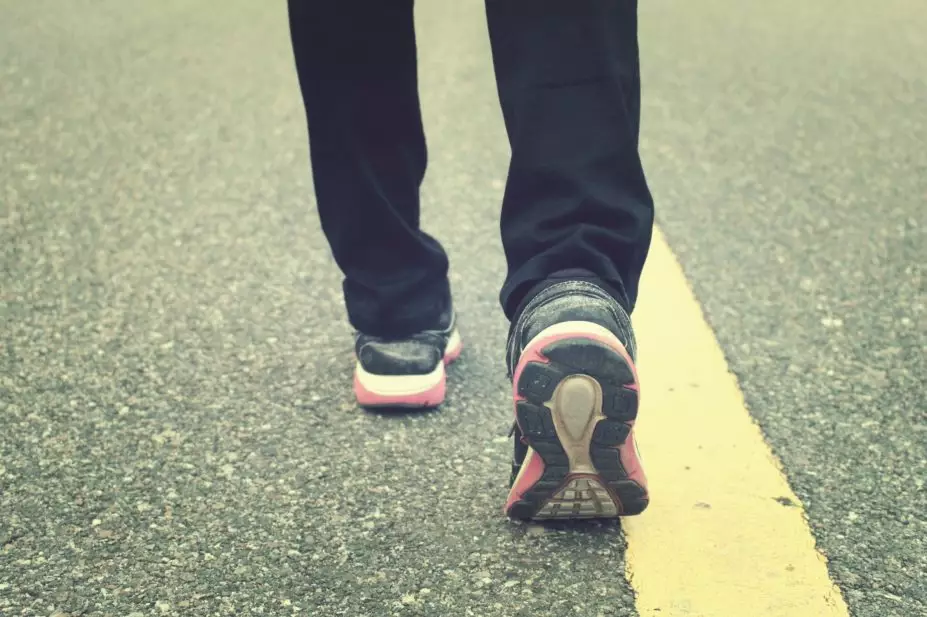
Shutterstock.com
Graded exercise therapy (GET) should not be offered for the treatment of myalgic encephalomyelitis (or encephalopathy)/chronic fatigue syndrome (ME/CFS), draft guidance from the National Institute for Health and Care Excellence (NICE) has advised.
In previous guidance on the diagnosis and management of ME/CFS, published in 2007, NICE recommended that cognitive behavioural therapy and/or GET should be offered to people with mild or moderate ME/CFS and provided to those who choose either of the two approaches because they were the interventions for which there was “the clearest research evidence of benefit”.
However, in draft guidance published on 10 November 2020, NICE said that “because of the harms reported by people with ME/CFS” as well as the committee’s own experience of the effects when people exceed their energy limit, any programme based on fixed incremental increases in physical activity or exercise, such as GET, should not be offered for the treatment of ME/CFS.
Instead, the draft guideline says that any physical activity programme should begin by establishing the person’s physical activity capability at a level that does not worsen their symptoms, and should only be offered on the basis that it is delivered or overseen by a physiotherapist or occupational therapist with training and expertise in ME/CFS.
The draft guideline also emphasises that, while cognitive behavioural therapy is not a treatment or cure for the condition, as a supportive psychological therapy aiming to improve wellbeing and quality of life, it “may be useful” in helping patients to manage their symptoms, and should, therefore, only be offered in this context.
Pete Gladwell, a clinical specialist physiotherapist and team leader of the Bristol CFS/ME service at North Bristol NHS Trust, welcomed the proposed change in advice.
“Since the last guideline was published in 2007, a significant body of research has been published which highlight the dysregulation of biological systems in ME/CFS. These changes cannot be explained by deconditioning, so our NHS service has for some time been moving away from a GET approach, which suggests that reversing deconditioning can lead to recovery,” he said.
“The controversy over GET has not been helpful for newly diagnosed patients, who have often been left feeling confused about how to approach physical activity,” he added.
Gladwell said that the “clear message” in the draft guideline was to approach physical activity from “a pacing perspective” by finding a sustainable level that the individual is confident of managing.
The draft guidance recognises ME/CFS as a “complex, multi-system, chronic medical condition” where there is no ‘one size fits all’ approach to managing symptoms, particularly where there is the potential for an intervention to benefit some people but cause harm in others.
“ME/CFS can cause profound, long-term illness and disability, and much of the distress surrounding it is caused by difficulties in recognising, acknowledging and accepting the condition and its impact,” said Paul Chrisp, director of the Centre for Guidelines at NICE.
The consultation for the draft guidance ends at 17:00 on 22 December 2020 and the final guideline is expected to be published on 21 April 2021.


